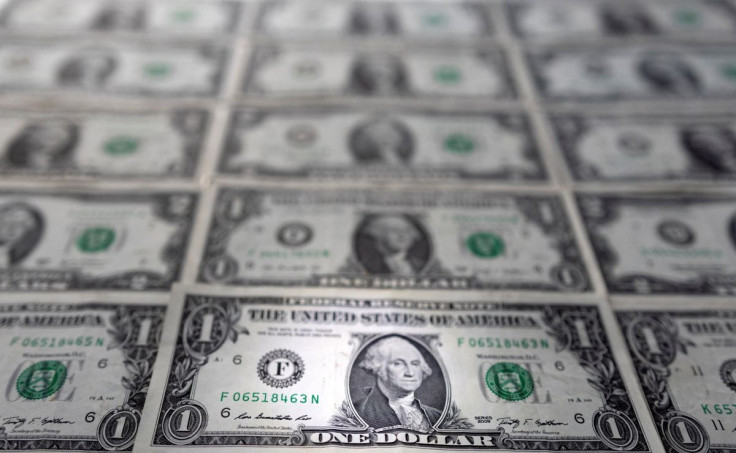The Digital Dollar Means Big Brother Will Be Watching Every Penny You Spend

Bitcoin and other major cryptocurrencies will soon have a significant competitor, the digital dollar. The Fed is considering joining other central banks worldwide to introduce its digital currency.
A digital dollar will be a game-changer for banks, big government and consumers. The digital dollar will be a formidable competitor for bitcoin and other cryptocurrencies. It will have many of the properties of cryptocurrencies and will enjoy the backing of the central government.
For banks, the digital currency will allow people to move funds directly through the Fed. In addition, it could foster peer-to-peer lending.
"At its very core, crypto tears down the inefficient, insecure and costly walls of finance. Individuals could borrow, lend and invest person-to-person, without the need for governments and big banks acting as gatekeepers," said Giorgi Khazaradze, Aurox CEO and co-founder. "This step will require new rules and regulation, of course, but ultimately it will lead to a more accountable and effective financial system."
The digital dollar could diminish the traditional function of banks as financial intermediaries.
For the government, the digital dollar means more power to monitor what people are doing with their spending and financials. At any moment, the government will know where, how and when people spend their money and keep their savings. That means it can tighten tax collection and end the underground economy.
The digital dollar will make big government more prominent, more efficient and more effective in raising revenue to finance an ever-larger spending budget.
"The relationship between citizens and their government would change in a number of ways if the government were to introduce a digital dollar," said Isaac Tebbs, head of growth at Millions. "People would no longer need to carry physical currency around with them, which could make transactions faster and more convenient. The government would have a greater degree of control over people's finances, as all transactions would be tracked and recorded."
That's where the digital dollar will give big government another boost.
"This could be used for taxation and other purposes, such as tracking spending habits," adds Tebbs. "Many people may be uncomfortable with the degree of surveillance that would be possible. There would also likely be an increase in law enforcement's ability to track financial crimes. It is possible that the introduction of a digital dollar could have a negative impact on the value of the physical currency, as people would be less likely to use it if they could use digital dollars instead."
Themelio Labs founder and CEO Eric Tung thinks introducing the digital dollar is unnecessary.
"CBDCs are anything from largely unnecessary [say, blockchainizing bank reserves] to horrible [say, abolishing cash or banks and having people just have Fed CBDC accounts]," he said. "I worry that current ideas are an attempt to cover up bad monetary policy through financial repression and capital controls, both of which are much easier to enforce with CBDC, and trend towards 'horrible.' The solution to consumer protection is more liquid markets and lighter regulation. If you prevent law-abiding entrepreneurs from doing ICOs, the only ICOs left would be run by criminals."
We'll have to wait to see how things play out once the digital dollar becomes a reality.
© Copyright IBTimes 2024. All rights reserved.






















